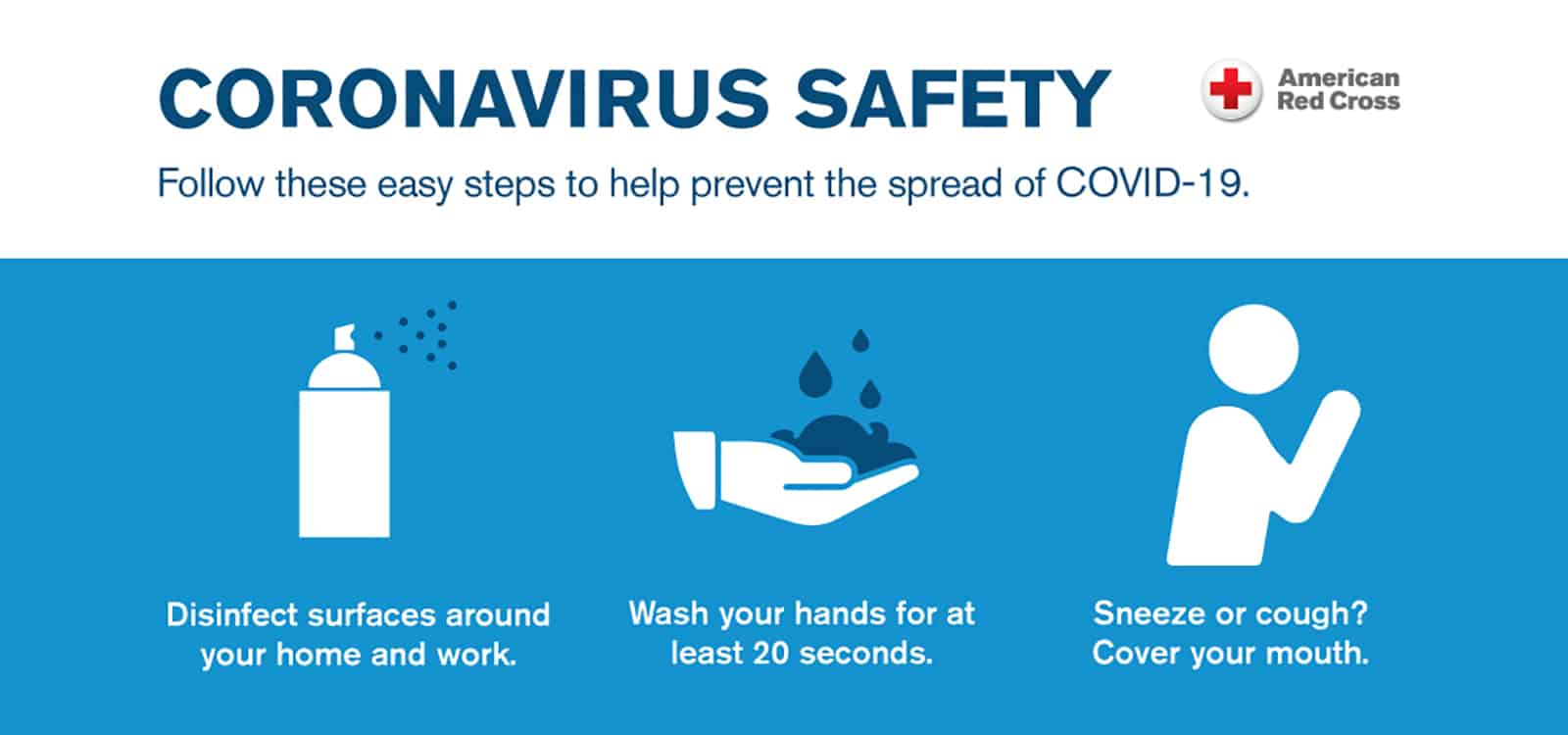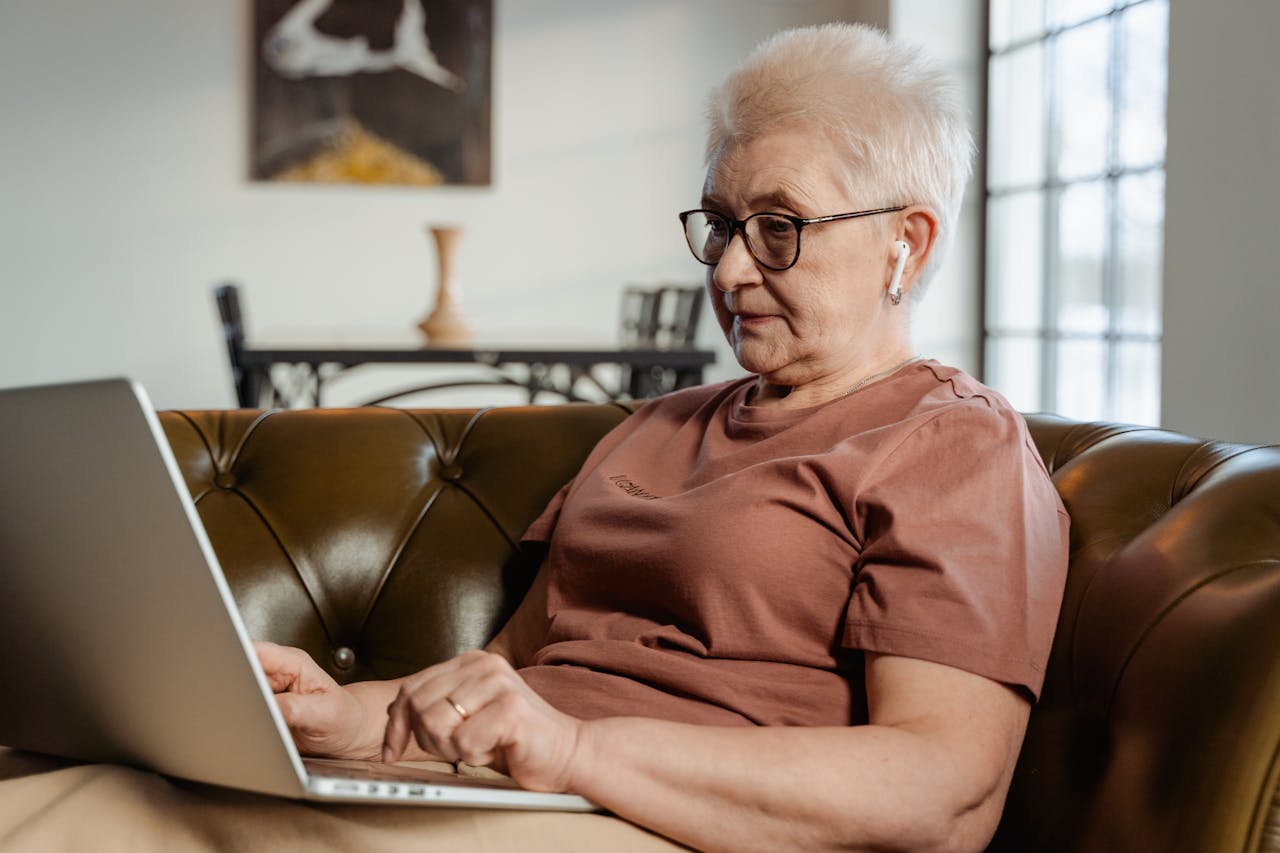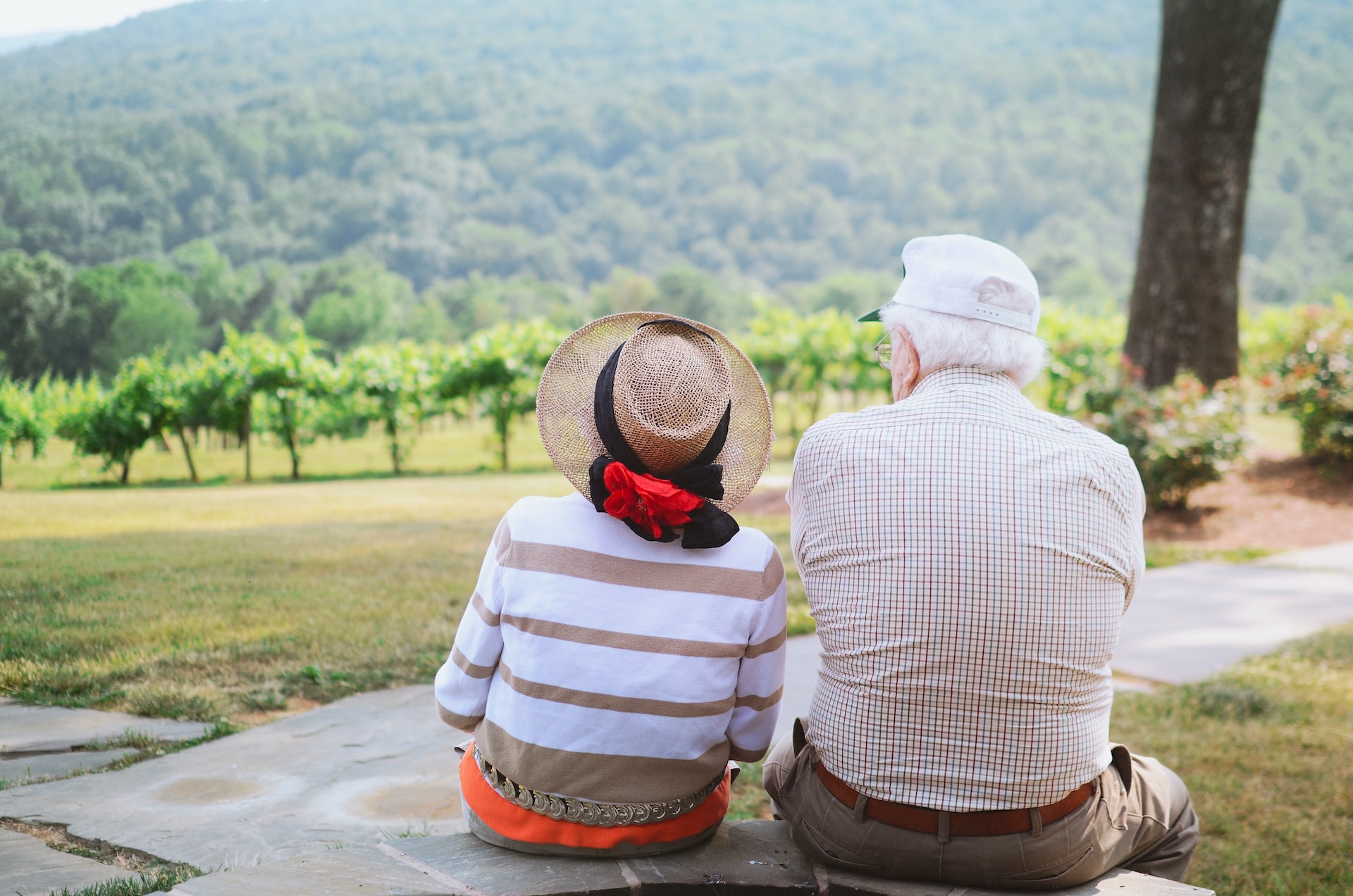What we are witnessing right now is historic. It’s not often in modern history we find ourselves liberally using the word “pandemic” in our day-to-day conversations. Even less do we find ourselves instituting the kinds of worldwide quarantines, travel restrictions, and mandatory closures we’re enacting now.
COVID-19 spreads at double the speed of the flu. Not only is it suspected that the virus can survive on surfaces for hours to days (like other coronaviruses), but we have no natural immunity to it. COVID-19 is being called a “novel” virus. That means we’ve never seen it before. Unfortunately, without previous exposure, our immune systems have no idea how to detect and quickly kill it. We’ll catch it easier, spread it easier, and the effects of it will be more severe.
Do not fall into the trap of conflating this illness with influenza. This is not a flu virus. It spreads more aggressively and is being shown to cause serious long-term damage to the lungs of the affected. Calling COVID-19 a flu is a misconception that will endanger tens of thousands of people who will ignore calls to socially distance and self-isolate under the impression this virus isn’t that big of a deal.
We understand the desire to compare this illness to something we already know well—it’s our way of approaching an uncertain situation with a sense of cool and calm. But it’s important to recognize this is a serious threat to a lot of people—being too casual with our behavior won’t help us get a handle on the virus.
On an encouraging note, because COVID-19 and influenza are NOT the same, COVID-19 CAN be contained whereas seasonal flu spread is an unstoppable inevitability.
As states impose their own quarantine procedures, successful containment of this virus will fall largely on our heads as citizens. We are all obligated to do our parts in making sure everyone around us stays healthy.
Limiting COVID-19’s spread comes down to three basic methods of attack: practicing preventative hygiene, avoiding places where illness can be readily passed, and exercising social distance.
Preventative hygiene measures
- Wash your hands regularly throughout the day. When in public, take advantage of every opportunity to give your hands a quick clean, either in public restrooms or at hand sanitizer stations. We recommend brushing up on the World Health Organization’s (WHO) technique for proper hand-washing.
- Resist the urge to touch your face. Many infections will occur because an individual touches a surface exposed to the virus, such as handles, door knobs, and table surfaces. The virus can be transferred from your hands to your eyes, nose, and mouth after touching your face.
- Do not use your hands to cover your mouth when coughing or sneezing. This behavior is what contaminates surfaces others will later touch. If you don’t have a disposable tissue to cover your mouth, the best thing to use is the inside of your elbow. And obviously, please cover your mouth if you have to sneeze or cough.
- Immediately dispose of used tissues in a covered trash receptacle after use. Then wash your hands.
Avoiding public places
Right now, many states are banning gatherings over a certain amount of people. Even if your state isn’t one of them, practicing self-isolation now will prevent illness in the future. Obviously, we will all need to go to the grocery store, gas stations, banks, pharmacies, and healthcare providers. These are essential services we can’t really avoid using. The key is avoiding the non-essential places we visit where people congregate:
- Movie theaters
- Shopping malls and brick-and-mortar retail stores
- Restaurants
- Gyms
- Bars and nightlife
- Public playgrounds and parks
- Churches, temples, mosques, and other religious gathering spaces (if at ALL possible)
- Social events, like parties, festivals, sporting events, concerts, sleepovers, and play-dates.
Now is NOT the time to schedule social events that can be postponed (like weddings). If you have already scheduled an event, it is strongly advised you look into options to push the event to a future date.
Now is NOT the time visit friends and family if there isn’t a real need to do so. Check in with your loved ones by phone, chat, or video call while the virus is actively spreading.
Make the most of each visit to an essential place of business to limit your need to repeatedly return.
Social Distancing
Social Distancing refers to the practice of putting as much distance as you can between yourself and other people while in a public place. Allow yourself and others several feet of space while you navigate grocery stores and have conversations. Health professionals recommend you keep at least three feet from others at all times.
This also requires us to forgo social behaviors that bring us in direct contact with others. This includes hand-shaking, casual hugging and kissing, high-fiving, and any other form of casual physical contact.
We know these are going to be tough life adjustments for most of us. However, all of these things are incredibly effective weapons in the fight against germs and disease. If we all remain dedicated to these practices in the short term, we will save countless lives and spare even more from suffering in the long term.
And if you find yourself getting a little stir-crazy from being cooped up? Just know that we’re always jabbering away at The Seniors Center’s Facebook Group. Feel free to stop by and get in on the conversation—we’d love to have you!
Stay safe out there, everyone!




